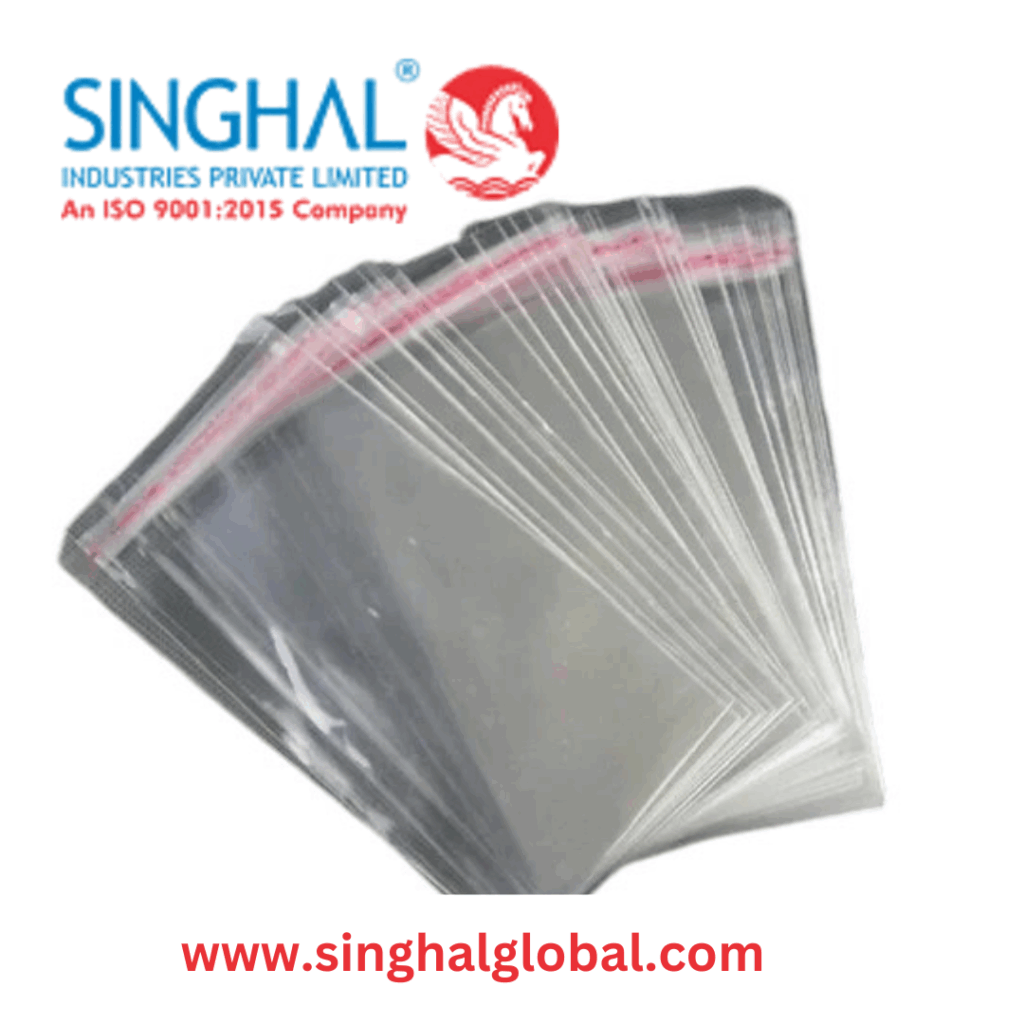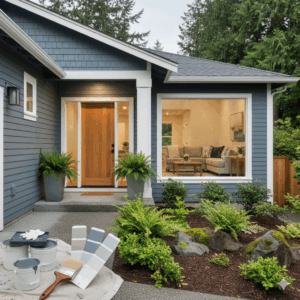When maintaining a lush and thriving garden in Groton, CT, homeowners often face a critical decision: should they choose drip irrigation or traditional sprinklers? Each system has unique benefits, but selecting the right one depends on your garden’s layout, water usage goals, and plant types. For those considering professional help, partnering with a reliable Drip Irrigation Installer in Groton CT, like Maxum Irrigation & Plumbing, ensures a system designed for efficiency and longevity.
What Is Drip Irrigation?
Drip irrigation is a highly efficient watering system that delivers water directly to the base of plants through a series of tubes and emitters. This slow, targeted method significantly reduces water waste and prevents evaporation and runoff, making it an ideal solution for eco-conscious homeowners.
Advantages of Drip Irrigation
- Water Conservation: Uses 30–50% less water than sprinklers by delivering moisture directly to plant roots.
- Better Plant Health: Reduces leaf diseases caused by wet foliage and ensures deep, healthy root growth.
- Minimal Weed Growth: Since water only reaches the intended plants, weeds in surrounding areas receive less nourishment.
- Low Maintenance: Once installed, drip systems require less frequent upkeep compared to traditional sprinklers.
What Are Traditional Sprinkler Systems?
Sprinkler systems spray water through the air, covering a wide area—much like natural rainfall. They are commonly used for large lawns and open spaces and can be automated with timers for hands-free watering.
Advantages of Sprinklers
- Even Coverage: Ideal for large grass areas that require broad water distribution.
- Ease of Use: Can be controlled with timers and rain sensors for convenience.
- Lower Initial Cost: Generally more affordable to install, especially for basic lawn needs.
Drip vs. Sprinkler: Which Is Better for Groton Gardens?
Groton’s climate, with its mix of humid summers and occasional drought conditions, makes water-efficient solutions especially valuable. In many cases, drip irrigation is better suited for flower beds, shrubs, and vegetable gardens, while sprinklers work well for lawns.
Here’s a simple comparison to help you decide:
| Feature | Drip Irrigation | Sprinklers |
| Water Efficiency | High | Moderate |
| Best Use | Gardens, flower beds, shrubs | Lawns, large turf areas |
| Installation Cost | Moderate | Lower |
| Maintenance | Low | Medium |
| Plant Health Benefits | Strong | Moderate |
Why Choose Maxum Irrigation & Plumbing?
As a trusted Drip Irrigation Installer in Groton CT, Maxum Irrigation & Plumbing brings extensive experience in designing and installing both drip and sprinkler systems tailored to New England landscapes. Their team is licensed, knowledgeable, and committed to providing systems that maximize water efficiency while protecting the health of your lawn and garden.
Whether homeowners are looking to conserve water, improve plant vitality, or simply upgrade an outdated system, Maxum Irrigation offers personalized service and ongoing support.
Contact Maxum Irrigation & Plumbing
- Phone: 1860-525-7000
- Website: https://maxumirrigation.com
Frequently Asked Questions (FAQs)
1. Is drip irrigation better for vegetable gardens?
Yes, drip irrigation is ideal for vegetable gardens. It delivers water directly to the soil around the roots, minimizing evaporation and reducing the chance of diseases caused by wet leaves.
2. Can I use both drip irrigation and sprinklers in the same yard?
Absolutely. Many homeowners in Groton combine both systems for maximum efficiency—drip for gardens and plants, sprinklers for the lawn. Maxum Irrigation & Plumbing can design hybrid systems that suit various landscaping needs.
3. How long does a drip irrigation system last?
With proper installation and regular maintenance, a drip irrigation system can last between 10 to 15 years, offering reliable performance season after season.
4. Are drip systems more expensive to install?
While the initial cost may be slightly higher than basic sprinklers, the water savings and reduced maintenance often make drip systems more cost-effective over time.









